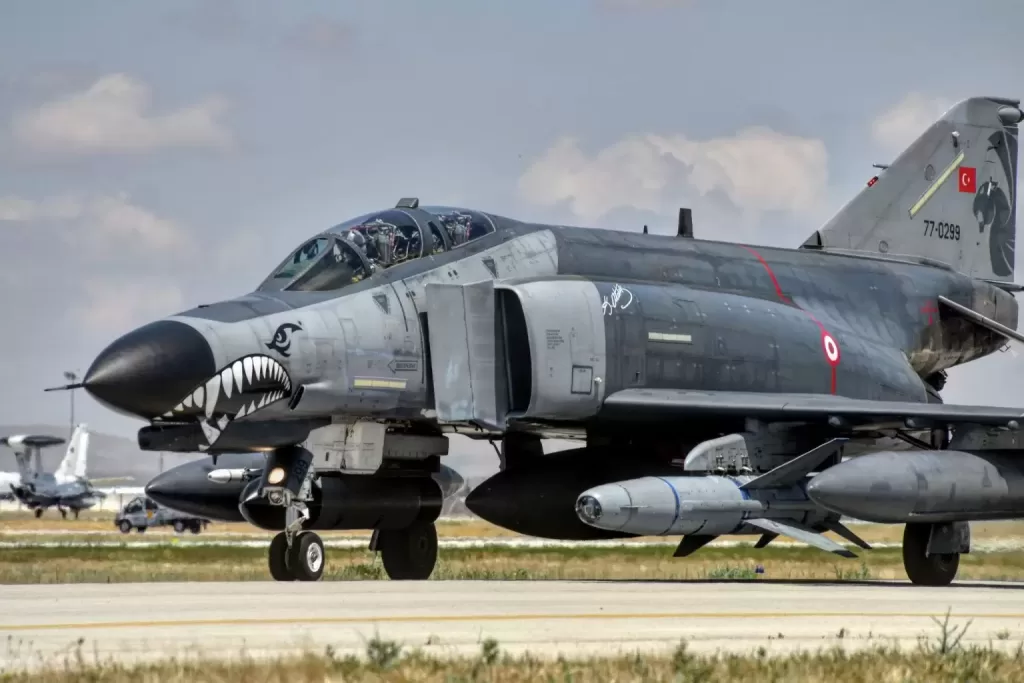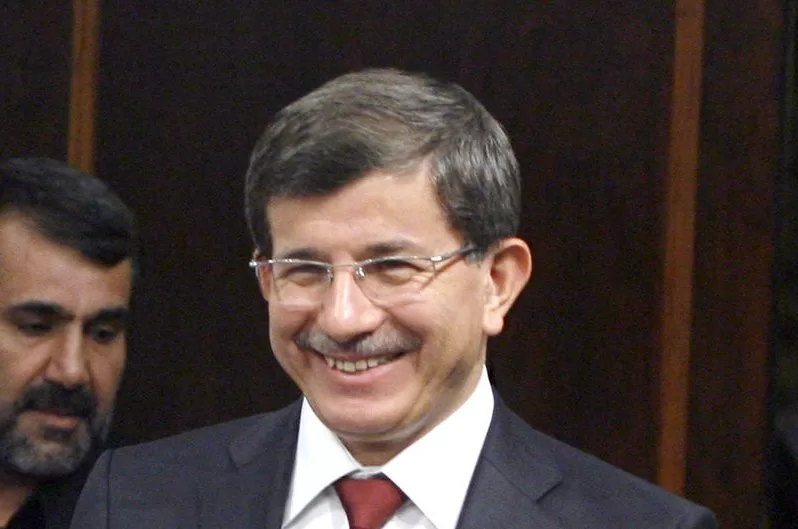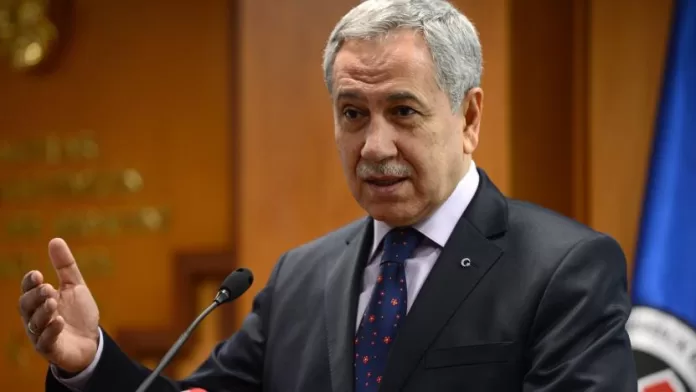Unprovoked shooting down of a Turkish Air Force (Tu AF) RF-4 Phantom aircraft by the Syrian air defence system on June 22 has sent shock waves across the world. Syria, already mired in multiple crises of serious magnitude has certainly added another one to its menu.
Downing of Turkish jet has triggered a chorus of international condemnation as well as appeals for restraint to prevent a military escalation. Like most of the countries, Pakistan has also expressed its deep shock and regret over uncalled for downing of an unarmed aircraft that was on a routine training mission to test Turkey’s radar capabilities. “We express our solidarity with Turkey over this unprovoked tragic incident. We urge Syria to cooperate with Turkey in carrying out a joint investigation,” said a spokesman of the Foreign Office. He further said that Pakistan desires peace and stability in this important region with due respect for international law and norms; “We urge restraint in avoidance of any action that may lead to an escalation of tensions in the region.”

Syrian point of view is that the aircraft was on a reconnaissance mission. Syria insists the jet was shot down inside Syrian airspace. The plane crashed into the eastern Mediterranean. The profile of the shot down air craft and its communication with the radar support Turkish contention that aircraft was on a radar calibration mission. Turkish Vice Prime Minister Bulent Arinc said, “To target an aircraft in this fashion without any warning is a hostile act of the highest order.” He further informed that the F-4 Phantom was struck by a heat-seeking guided missile in international airspace; and that later Syrian troops also opened fire on a rescue plane searching for the pilots. “One of our CASA planes took off with a rescue team. Unfortunately, shots from the ground targeted our plane,” He added.
There is a wide ranging tool box of international rules, regulations and norms to choose from, for confronting such situations. Some of the steps are: challenging the aircraft on international distress “Guard” frequency and informing him that he is violating the airspace and advice him to turn to a safe heading to exit; ordering a visual identification check by flying own aircraft close to the intruder; firing of warning burst by interceptor aircraft, giving the option to hostile aircraft to leave the air space if he has intruded by mistake and guide him to appropriate exit point: ask him to make a landing at a suitable airport if it is presumed beyond reasonable doubt that such intrusions was deliberate and with an intent to carry out a hostile act. Purpose of such forced landing is to carry-out a physical check of the aircraft with respect to carriage of any hostile material like cameras or weapons etc. As per available information, all these steps were skipped by the Syrian side, and shooting down was ordered on the pattern followed when the two countries are in a state of war. Ironically, the warning to the unfortunate aircraft about its drifting flight path came from Turkish radar, and not from any Syrian facility.
In all probability, Turkish aircraft had mistakenly strayed into Syrian territory. Such straying is not unusual while flying over sea where navigational aids are scant, and there are no nearby land features to make accurate estimates; and at times, costal winds are pretty fast, which induce error in the flight path of the aircraft. Turkish assertion that plane was not on a spying mission is quite convincing, because the aircraft was flying at low level. For a typical reconnaissance mission, air craft has to fly at much higher altitudes. Moreover, on receipt of information from Turkish radar, the air craft had initiated a corrective turn to get out Syria air space. Another factor is that sanctity of 12 Nautical miles as territorial water does not enjoy universal acceptance, and a number of countries are pf the view that territorial waters extended up to 3 miles only.

Turkey’s foreign minister Ahmed Davutoglu Called for an extraordinary meeting of NATO under article 4 of NATO charter. The article says that member countries “Will consult together whenever in the opinion of any of them, the territorial integrity, political independence or security of any of the parties is threatened.” The meeting was held on June 26, at NATO headquarters in Brussels, NATO discussed the shooting down and said it considers this act to be unacceptable. It condemned it in the strongest terms and expressed its strong support for Turkey. The NATO Council said the shooting down of the plane was another example of the Syrian authorities’ disregard for international norms, peace and security, and human life”.
Turkish Vice Prime Minister Bulent Arinc said that Ankara could halt power supplies to Damascus “We have considered that for humanitarian reasons one should supply electricity to Syria so that the daily lives of the people are not affected”. Turkish Prime Minister Recep Tayyip Erdogan said in the parliament that his country’s response should not be seen as a weak-ness. He pointed out that Turkey was adopting a “common sense” attitude, although that “shouldn’t be perceived as a weakness”. Turkey says its military rules of engagement have changed after Syria shot down the plane, and if Syrian troops approached Turkey’s borders, they would be seen as a military threat.
It’s a matter of great relief that Prime Minister Erdogan showed patience, stopped short of action and did not opt to retaliate physically, though Turkey country has all the capacity to do so. It is indeed reflective of a responsible pragmatism by Turkey that has saved the region from a conflict. Turkey’s prudent approach relies on active diplomacy, potent economic sanctions, and mobilization of global support. To deescalate the tension, Syrian leadership certainly owes an unconditional apology to the Turkish government and to the families of the unfortunate aircrew. Here in Pakistan our thoughts at this difficult time are with the missing Turkish aircrew, their families and their loved ones. We hope the two brotherly countries would exercise self-restraint, soon overcome their weaker moments and difficulties; and in due course they would revert back to their traditional friendly relations of yesteryears.♦




